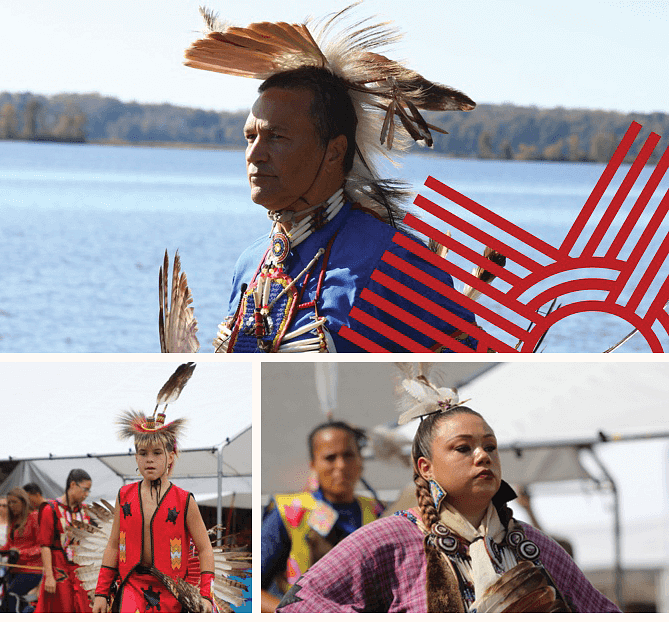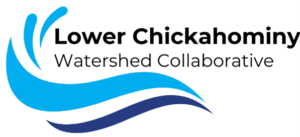How PlanRVA works with Three Local Tribal Partners to Shape the RVA Region Through Sustainability Initiatives

Given the historic footprint of the PlanRVA region, dating to pre-colonial America, it’s easy to be reminded of the area’s integral role in helping craft the nation’s story over many centuries. Less visible, though no less enduring, is the legacy of three Native American Indian Tribes who play a dynamic role in shaping today’s story within our region.
At PlanRVA, we are proud to work closely and collaboratively with three federally recognized Tribes on sustainability (or environmental) projects: the Chickahominy Indian Tribe in Charles City County, the Chickahominy Indian Tribe Eastern Division in New Kent County and the Pamunkey Indian Tribe in King William County. They have emerged as integral partners in helping create vibrant opportunities and participate in far-reaching collaborations that contribute significantly to the growing quality of life in our region.
As acknowledged with federal recognition -, the three Tribes are inherently sovereign and self-governing and entitled to certain federal benefits and protections. This governing autonomy provides them with the capacity to engage in a range of initiatives that not only enhance their own standing but contribute to the broader wellbeing of partner governments.
From our point of view, we see several important benefits in working with our Tribal neighbors. First, these partnerships help to build trust between local governments and Tribal Nations, a fact that we should not take for granted, given the often rocky history over the decades. There is often a lack of understanding from non-tribal partners as to how they function as sovereign nations and the work we do together provides a learning opportunity for local government staff to better understand their form and functions. As we work to strengthen these relationships, our understanding of Tribal history and culture grows. Lastly, of course, are the lasting mutual benefits derived from our collective plans and projects.
Just how are we working together with our Tribal partners? Consider these important initiatives:

Lower Chickahominy Watershed Collaborative logo.
Lower Chickahominy Watershed Collaborative. After studying the nature of the watershed and discussing opportunities and challenges, an organizing structure was needed to support the developing relationship among recently federally recognized Tribes, counties, and othersupporting stakeholder organizations.To coordinate these efforts among all parties and facilitate communication, the Lower Chickahominy Collaborative was created with the signing of the first MOU between Tribal Nations and local governments in Virginia. Managing the conservation issues of our shared watershed is critical toward maintaining our natural resources and advancing sustainable economic development. The LCWC provides ongoing structure and coordination among the partners, including not-for-profit regional organizations. Learn more about these efforts here.

Don’t Trash Central Virginia logo.
Environmental Technical Advisory Committee. Our Tribal partners participate in the Environmental TAC, a regional committee of local environmental and planning staff and other stakeholders. About once a quarter, the TAC meets to discuss a range of timely and relevant issues related to environmental planning, land use and resiliency. Learn more about the committee and its work here.
Don’t Trash Central Virginia. An active member of this regional anti-litter campaign is the Chickahominy Indian Tribe. The campaign seeks to increase awareness of the negative impacts of litter in our shared community and undertake prevention strategies as well as clean-up opportunities. The Chickahominy Indian Tribe has been a key partner in this program. Learn more about the campaign and take the Don’t Trash Central Virginia pledge here.
The three federally recognized Native American Indian Tribes in the PlanRVA region play an active and integral role in so many aspects of our work, and we’re pleased to have them as such engaged partners.
Subscribe to The Better Together Connector
Sign up to receive The Better Together Connector, a quarterly e-newsletter designed to highlight the latest efforts, successes and a look ahead from PlanRVA, the Central Virginia Transportation Authority, the Richmond Transportation Planning Organization, and the Emergency Management Alliance of Central Virginia.

